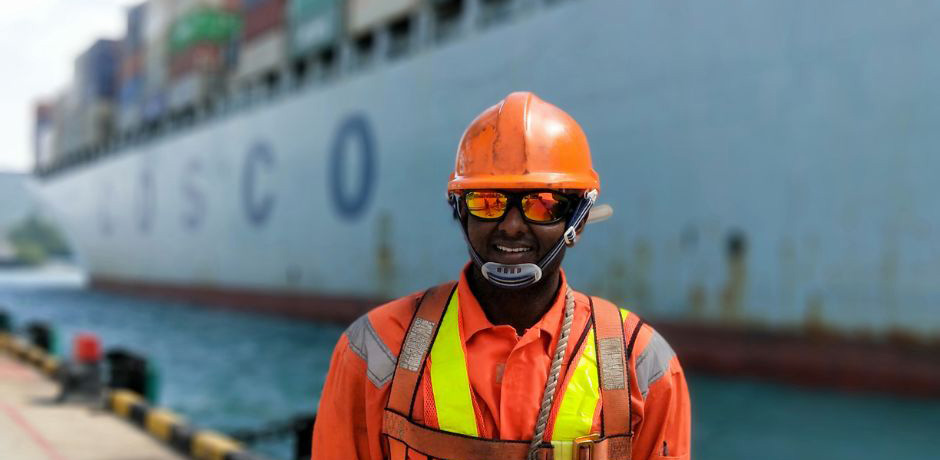
Who’s Looking Out for Seafarers?
Every day, goods from around the world arrive in Canadian ports. But behind every shipment of grain, oil, or consumer products are the crews who sail those massive ships — seafarers. They spend months away from home, working long hours in tough conditions, often with little chance to step on shore.
A recent article in The Tyee (read it here) shines a light on these workers and the challenges they face. It reminds us that global trade isn’t just about containers and cargo — it’s about people.
Who’s helping them?
Seafarers don’t always have the protection of a union, and enforcing international labour laws on the open sea is difficult. That’s where groups like the International Transport Workers’ Federation (ITF) step in. The ITF, along with Canadian unions like the ILWU and charities such as the Mission to Seafarers, carry out ship inspections, support crews, and make sure basic rights aren’t ignored.
Why does this matter?
Seafarers sometimes accept these jobs because the pay is better than what they could earn at home. But higher wages often come with big trade-offs: isolation, long contracts, and fear of speaking up about unsafe or unfair treatment. It’s a reminder that decent pay doesn’t always mean decent work.
Questions for us to think about
How can unions, like GSU, show solidarity with workers who don’t have a union to protect them?
What more could be done to hold global shipping companies accountable?
Are there struggles seafarers face that feel familiar to us in our own workplaces?
This story highlights an important truth: no matter where we work — at sea, in factories, in offices, or in fields — the challenges of fairness, dignity, and respect at work connect us all.
